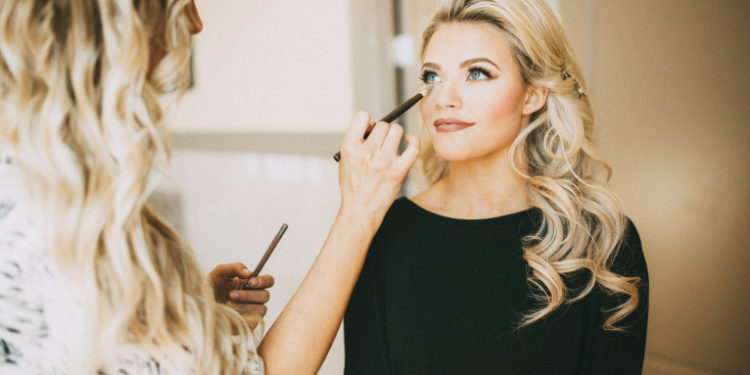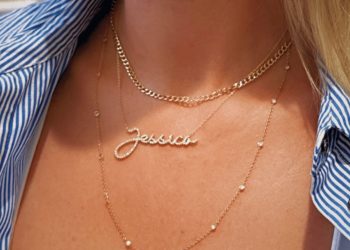In recent years, sustainability has moved from being a buzzword to a lifestyle choice, influencing various sectors including the wedding industry. One area where this shift is notably profound is in the realm of wedding fashion. As more brides seek to reduce their big day’s environmental footprint, bridal stylists are stepping up to the challenge. They play a pivotal role in shaping how sustainability is integrated into wedding attire choices. This article explores the transformative impact bridal stylists have in promoting sustainable wedding fashion.
The Rise of Sustainable Wedding Fashion
Understanding the Need for Sustainability
The traditional approach to wedding dresses involves high resource consumption and waste. Most gowns are worn just once, leading to questions about the environmental impact of such practices. As awareness grows, more couples are looking for ways to celebrate their love in an eco-friendly manner. This is where sustainable wedding fashion comes in, focusing on minimizing waste, using sustainable fabrics, and promoting ethical production practices.
The Role of Bridal Stylists
Bridal stylists are uniquely positioned to influence sustainable choices. Their expertise and industry connections enable them to guide brides through the maze of sustainable options, from choosing eco-friendly fabrics to selecting brands that adhere to ethical practices.
How Bridal Stylists Are Making a Difference
1. Promoting Eco-Friendly Fabrics
Bridal stylists help brides understand the importance of choosing sustainable materials. For instance, organic cotton, linen, silk, and hemp are popular choices that do not rely on harmful pesticides or excessive water usage. Stylists also advocate for the use of recycled materials, such as recycled polyester, which can dramatically reduce the carbon footprint of a wedding gown.
2. Encouraging Dress Rentals and Vintage Styles
One significant way bridal stylists contribute to sustainability is by introducing brides to the idea of renting their wedding dress or choosing a vintage gown. This not only extends the life cycle of wedding dresses but also reduces the demand for new fabrics. Vintage styling can be unique and personal, offering a story and history that brand-new dresses may not provide.
3. Supporting Ethical Designers
Bridal stylists often have direct relationships with designers and are in a position to champion those who prioritize sustainability. By directing brides to designers who use ethical manufacturing processes and sustainable materials, stylists can help foster a market that values the planet as much as aesthetics.
4. Customizing Existing Dresses
Many stylists work with brides to alter or customize existing dresses, perhaps even family heirlooms, which can be a deeply personal and sustainable choice. This approach not only preserves sentimental value but also reduces the environmental impact associated with producing a new dress.
5. Educating Couples on Sustainable Practices
Education is a crucial part of a stylist’s role. Bridal stylists educate couples about the impact of their fashion choices and guide them toward decisions that align with their values. This includes advice on how to preserve a dress for future generations or how to recycle it post-wedding.
Case Study: A Sustainable Bridal Styling Success
Consider the story of Anna, a bride whose stylist helped her select a stunning gown made from organic silk. Her stylist also coordinated the bridal party’s outfits to include materials sourced from ethical brands. Anna’s wedding was not only a celebration of her union but also a testament to how stylish and meaningful sustainable choices can be.
Conclusion
Bridal stylists play an indispensable role in integrating sustainability into weddings. They help transform the bridal fashion industry by promoting ethical, eco-friendly, and practical fashion choices. As sustainability becomes more critical to more brides, the influence of these professionals is likely to grow, reshaping wedding fashion in eco-conscious and innovative ways. For couples planning their wedding, working with a bridal stylist who understands and respects these values can be an essential step towards a more sustainable and memorable celebration.


![7 Best POS Software in the UK [2026 Edition]](https://todaynews.co.uk/wp-content/uploads/2026/02/7-Best-POS-Software-in-the-UK-2026-Edition-360x180.png)










































































